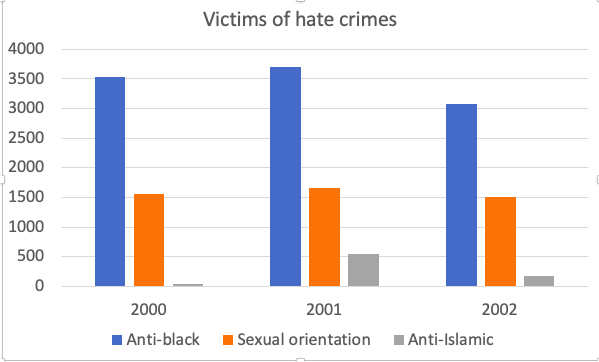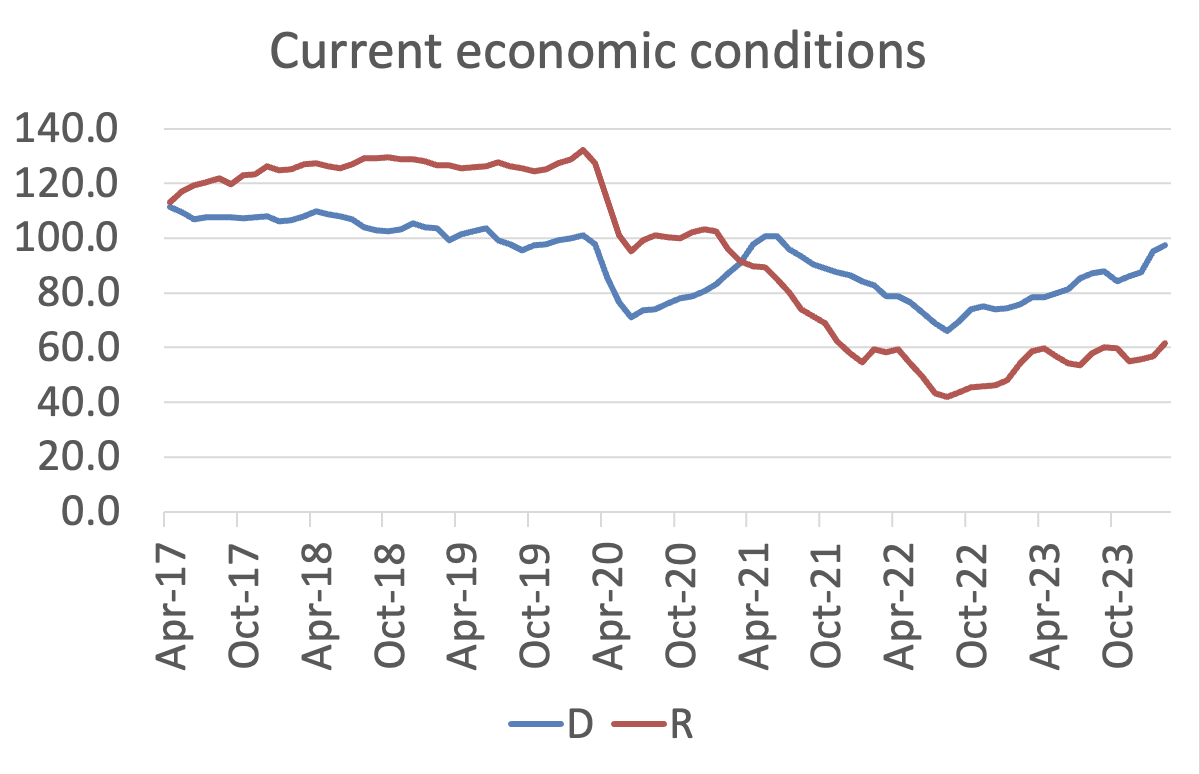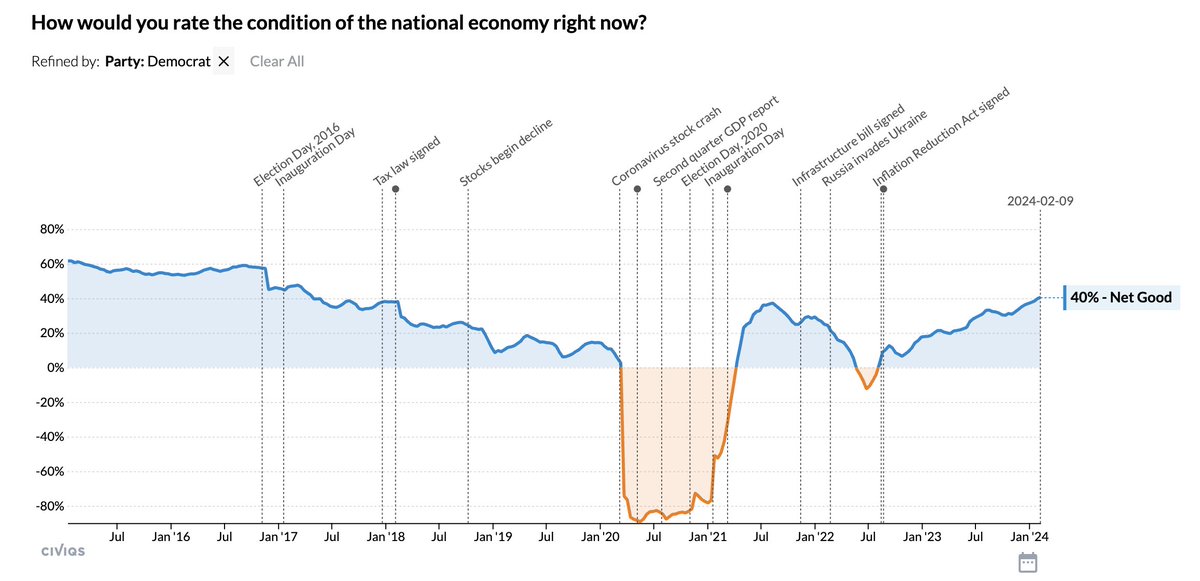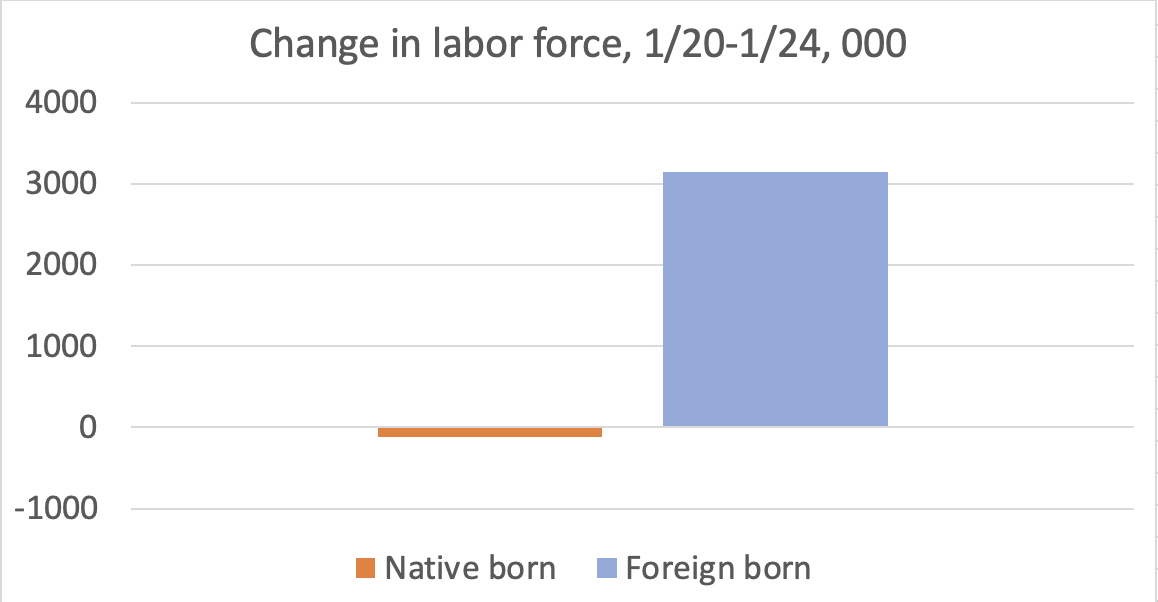I’m going to do a delayed update on a tweet from 9/11 that sparked a lot of outrage. Before I start, however, let me give you some data from the FBI’s hate crimes database, showing victims of hate crimes by motivation in selected years. ucr.fbi.gov/hate-crime 1/ 

A caveat: the “anti-Islamic” category understates the real total, because there was also a rise in hate crimes based on “national origin/ethnicity,” some of which was surely anti-Arab and anti-groups confused with Arabs, such as Sikhs. But it won't change the basic picture. 2/
I wrote that “there wasn't a mass outbreak of anti-Muslim sentiment and violence.” I didn’t mean that there was no outbreak, but that it wasn’t as severe as one might have expected and feared. Maybe my point would have been clearer if I had provided the data above. 3/
To understand what might have happened, consider what has happened under Trump, with rising hate crimes against individuals without any motivating event 4/
Link: 5/ nytimes.com/2019/11/12/us/… 

Oh, and the Iraq war wasn't about mass prejudice. It was an elite project that exploited 9/11 and fear of terrorism (even though the ostensible justification was WMD), but I don’t think you can cite it to justify claims that the American people as a whole reacted badly. 6/
And for the record, I stuck my neck way out at the time pointing out that we were being lied into war. 7/
The key thing to understand is that prejudice and hate crimes are a constant part of the American scene — not an excuse, just an observation, but part of the background to interpreting history 8/
Let me give you that bar graph again. The post-9/11 upsurge in hate crimes against Muslims was real and unforgivable, but the horrible truth is that it didn’t loom that large compared with what Blacks face year in and year out. 9/ 

And it could have been much worse. Imagine what would have happened if someone like Trump had been president. So I stand by my original point: the national response to 9/11 was better than one might have feared. 10/
• • •
Missing some Tweet in this thread? You can try to
force a refresh













